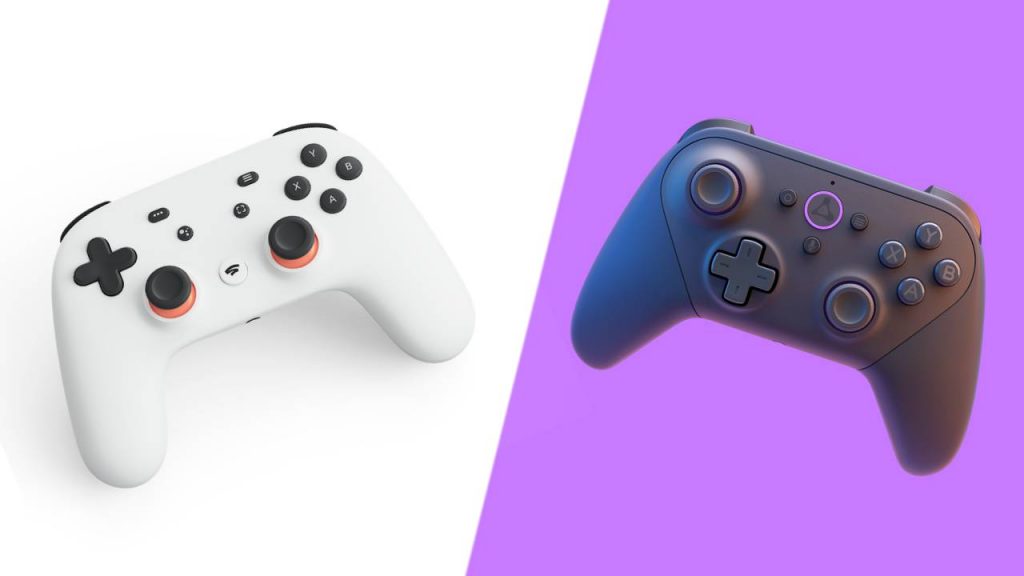
According to Intel’s latest investor note, the tech giant may be preparing to go up against Nvidia GeForce Now with a new cloud-computing solution.
Dubbed Project Endgame, Intel’s upcoming service will be powered by its own Arc discrete graphics cards. But is Intel targeting the same gaming segment as GeForce Now, or will it hit a different audience with Project Endgame?
Following an investor meeting, Intel released a detailed road map of its plans for the year and beyond. As we now know, the company has huge plans for its upcoming line of discrete graphics cards, with the first Arc GPUs hitting the market this quarter in new gaming laptops. However, Intel also mentions Project Endgame, stating that it too will be available in 2022.
What exactly is Project Endgame? This is where Intel doesn’t say much. The project only receives two short lines of description, but that’s enough to gauge what we’re dealing with. Intel says that Endgame will give users access to Intel Arc GPUs through a cloud service, providing a low-latency computing solution without having the required hardware yourself. This sounds very much like Nvidia’s subscription-based GeForce Now service that lets users emulate a GPU for gaming purposes, offering up to an RTX 3080.
However, Intel doesn’t explicitly state that Project Endgame will be aimed at gamers. It certainly could be, and by the sound of it, there is no reason why it wouldn’t be, but it’s possible that Intel may want to branch out a little. Seeing as Nvidia already has GeForce Now, which is a fairly successful cloud gaming service, this could be a tough market for Intel to break into. On the other hand, we know that Intel is not afraid to face the competition, seeing as it did release its own discrete GPUs in a market dominated by Nvidia and AMD.
If Intel will not provide a similar service to GeForce Now, letting users utilize cloud-based Arc GPUs to play games beyond their machine’s capabilities, it might offer something similar to Google Stadia. However, Google Stadia is not doing very well, and such a service might be even harder to build from the ground up than a GeForce Now twin. In a market already filled with gaming services, such as Steam, Epic Games, and even Stadia, Intel might be smarter to let users choose their own platform and simply make gaming easier for them, as opposed to trying to build a whole new platform of its own.
Although gaming is the first thing that comes to mind for Project Endgame, it’s possible that Intel may try to target a less tapped market and aim the product at professionals. There could be a lot of potential in opening up cloud-based computing to workstations. If Intel’s Project Endgame proves to work well, it could be a viable alternative for people with weaker computers who need access to resource-heavy tasks that their own device can’t quite support.
Intel has, undoubtedly, already made up its mind as to which market to target with its new release. It’s entirely possible that it could be flexible and open up the project to both professionals and gamers. If Project Endgame is truly set to release in 2022, Intel will surely have to share some more details shortly. Until then, all we can do is speculate.




No comments